


In an online seminar hosted by FAPESP, researchers from Brazil, the United States and France analyzed the impact of the pandemic on educational inequality.
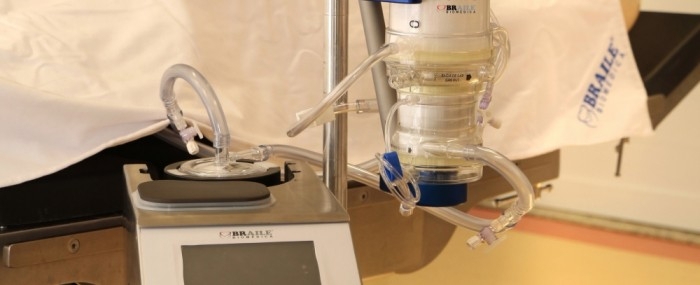
Extracorporeal membrane oxygenation (ECMO) can keep patients alive until the disease recedes.
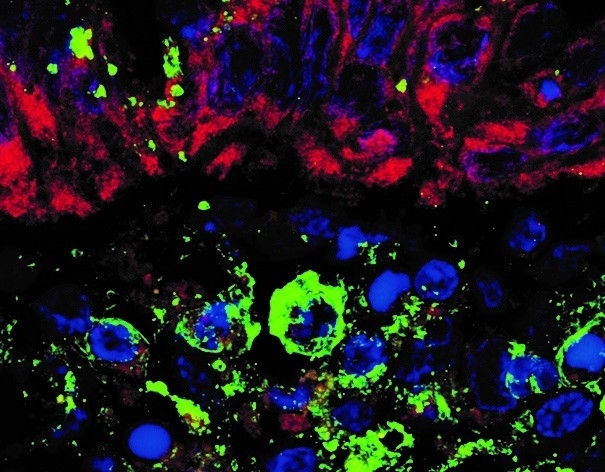
Brazilian researchers treated cells infected by SARS-CoV-2 with compounds produced by gut microbiota from dietary fiber. The intervention did not mitigate viral replication but reduced expression of a gene that plays a key role in viral entry into cells and a receptor involved in the inflammatory process.

Luciferin-luciferase system developed in collaboration with Japanese researchers produces brighter and longer-lasting far red light. The innovation can be used to image cells and tissues for diagnosis and biomedical research.

Laboratory trial by Butantan Institute in partnership with the University of São Paulo involved inoculation of variants P.1 and P.2 into cultured cells containing blood serum from vaccinated subjects. The results were satisfactory, according to the researchers.
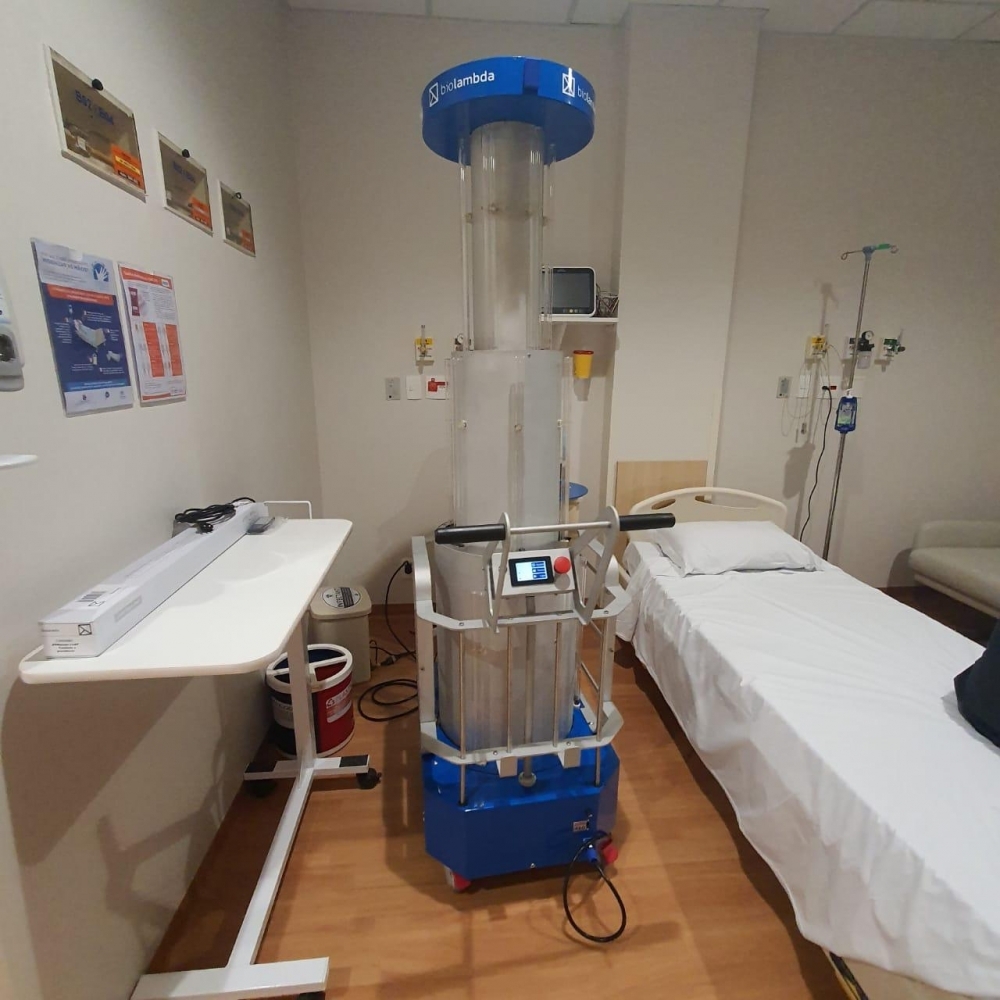
The technology uses ultraviolet-C, which can inactivate the novel coronavirus. Startup BioLambda was supported by FAPESP and partnered with the Albert Einstein Jewish-Brazilian Hospital in São Paulo.

Brazilian researchers tested the capacity of different materials to produce sensors for the detection of PCA3, a gene that is overexpressed in prostate cancer. The technique can also be used to diagnose infectious diseases, including COVID-19.
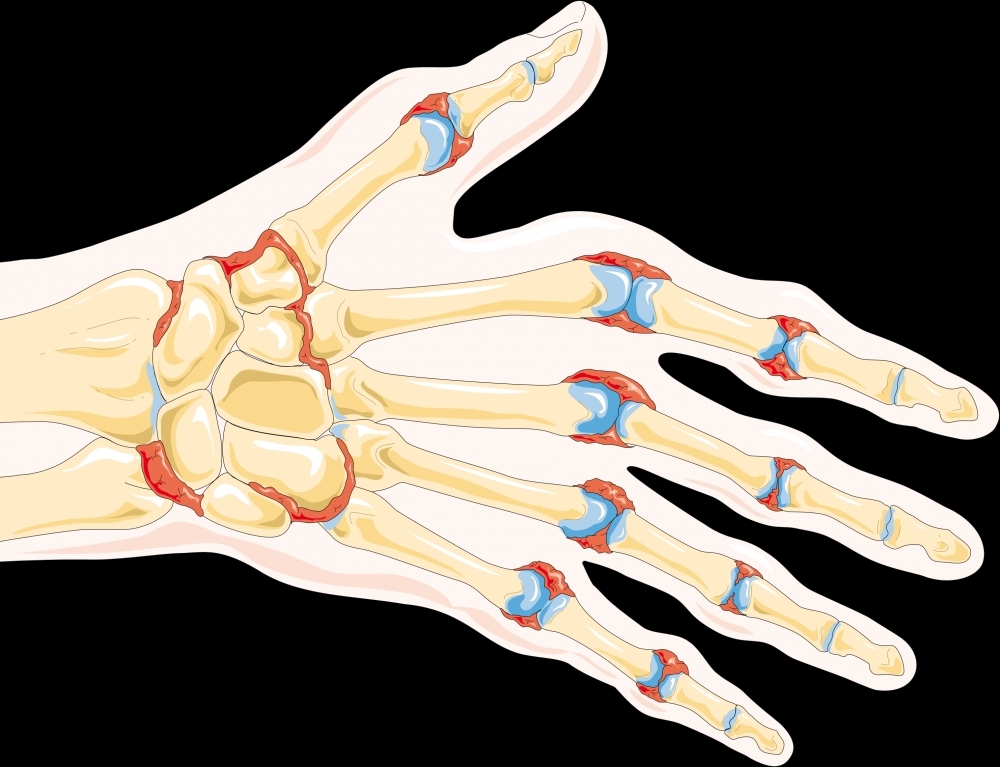
In a study of the effects of cigarette smoking on exacerbation of the disease, scientists at a FAPESP-supported research center identified a novel pathway in the inflammatory process relating to bone damage.

In Araraquara, state of São Paulo, researchers detected the P.1 variant in 93% of samples from patients diagnosed at a primary healthcare facility in the first two months of the year.

Blood plasma from COVID-19 convalescents was tested against Brazilian variant isolates obtained from patients diagnosed in Manaus. The study also assessed the effectiveness of plasma from volunteers immunized with CoronaVac.

Published by an Anglo-Brazilian epidemiological research center, the study revealed that in only seven weeks SARS-CoV-2 lineage P.1 became the most prevalent strain of the virus in Manaus. Analysis of more than 900 samples from patients diagnosed in the period pointed to a higher viral load.

In a study conducted at the University of São Paulo, researchers used infrared laser irradiation to accelerate the activity of enzymes immobilized on gold nanoparticles. The technique could have biomedical and industrial applications.

Developed by researchers at the University of São Paulo, the non-invasive methodology facilitates identification of immature or poor-quality seeds without destroying them or creating residues.

Study conducted at University of Campinas in collaboration with University of Michigan explains nanoscale physics of this manmade material in article published in Science Advances.

Agricultural residues already produce 25% of the electricity used by households in the state. The proportion could jump to 70%, according to researchers who took part in an online seminar on the topic.

Open-access repository established to facilitate research on the disease holds anonymized data including clinical examinations and laboratory test results from 485,000 patients processed by five institutions.

Study conducted at a FAPESP-supported research center shows that anti-inflammatory peptide TnP could lead to drug development.

Study suggests that replacing native vegetation with pasture or crops increases competition among microorganisms, favoring those with antimicrobial resistance genes. Brazilian scientists advocate more research to find out whether bacteria can migrate to food and reach humans.
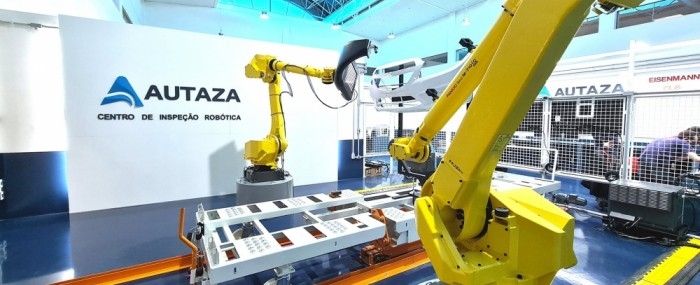
Operating in the São José dos Campos Technology Park, Autaza’s RIC has an optical system for automotive paint quality inspection using computer vision and artificial intelligence.
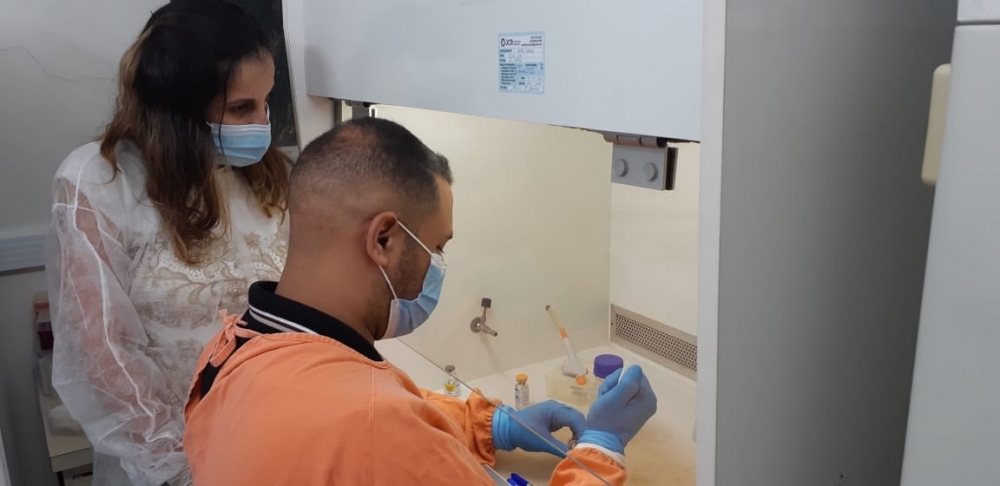
In October the CDC recommended ten instead of 14 days of isolation for patients with mild or moderate symptoms, but Brazilian researchers found viable viral particles in 25% of samples collected from patients on the tenth day of symptoms.

There is no universally adopted system or standard for collecting, documenting and sharing the massive amount of data from research on the disease, noted an expert who took part in the Second Latin American and Caribbean Scientific Data Management Workshop.
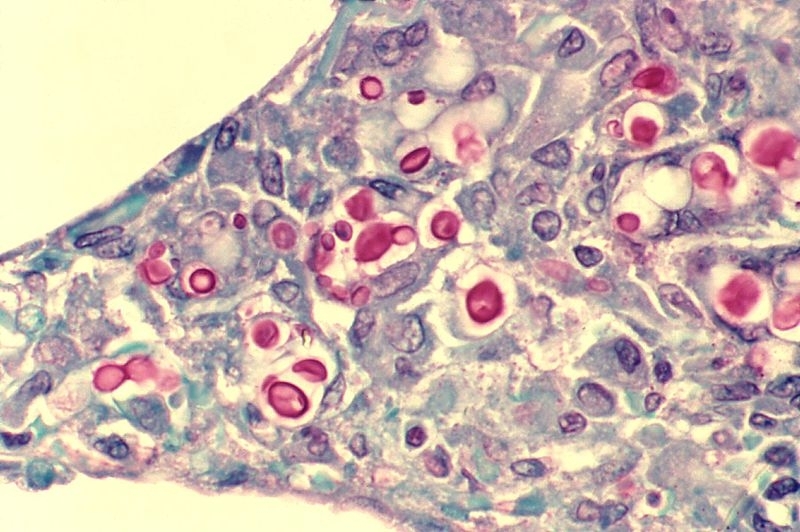
The use of CAR T-cells reprogrammed to “recognize” Cryptococcus spp. proved effective to combat the infection in vitro and in mice.
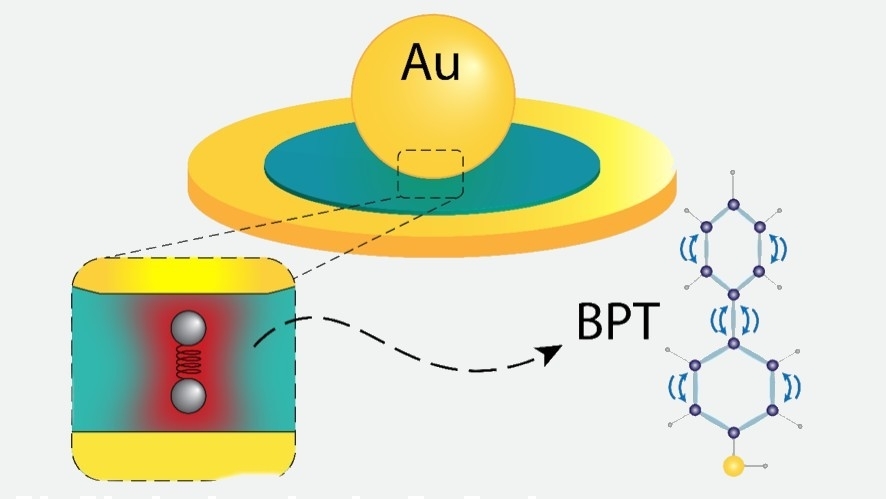
Study by researchers at the University of Campinas published in Physical Review Letters discusses both light dispersion by vibrations inside the device and light dissipation to the exterior, an aspect rarely studied hitherto.
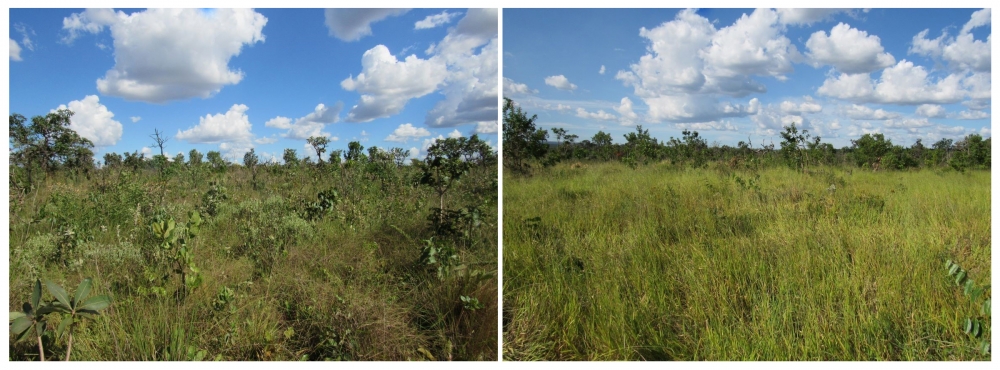
Researchers in Brazil, Argentina, Chile, and the UK are participating in the initiative. Results are published in the journal BioScience.
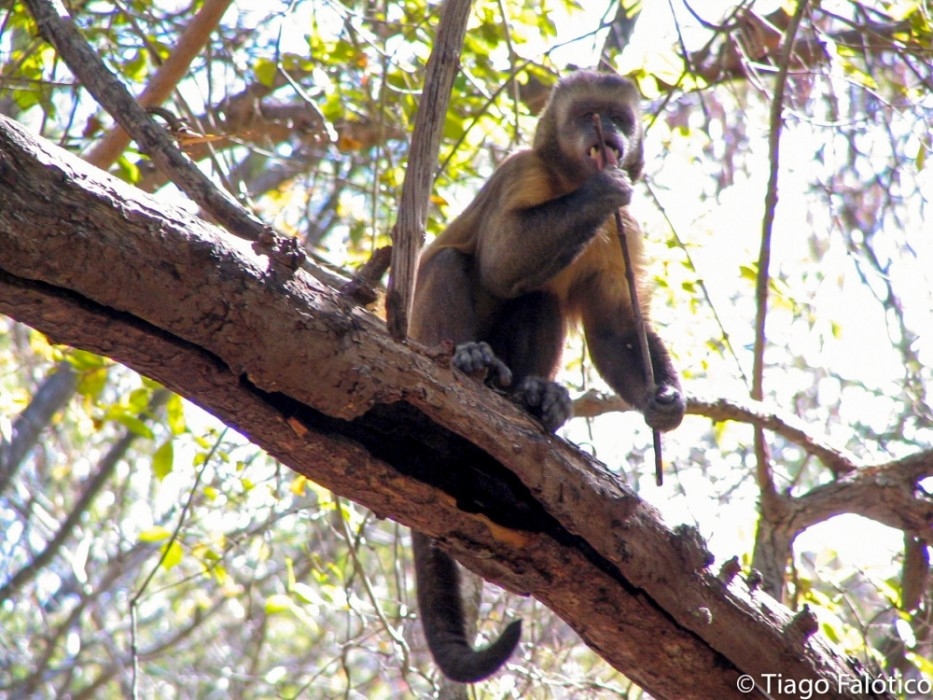
Scientists who study capuchin monkeys on a nature reserve in Brazil found that stone tools are used for digging, seed pounding, and stone-on-stone percussion. The monkeys can serve as a model to help understand how humans evolved to use tools.